After lying vacant for many years, the Hotel Flüelerhof in Flüelen, at the heart of the Uri Alps in Switzerland, is being given a new lease of life. The traditional establishment had only been used sporadically over a decade, with the restaurant remaining closed and large parts of the building standing mostly empty. However, a new leaseholder has now breathed new life into it, and is currently renovating the Flüelerhof from top to toe with a view to reopening it as a contemporary 4-star hotel in the coming year. The revamped hotel is set to offer around 24 rooms, fine cuisine, and comfortable lodgings for rail travelers, families, couples, and hikers.
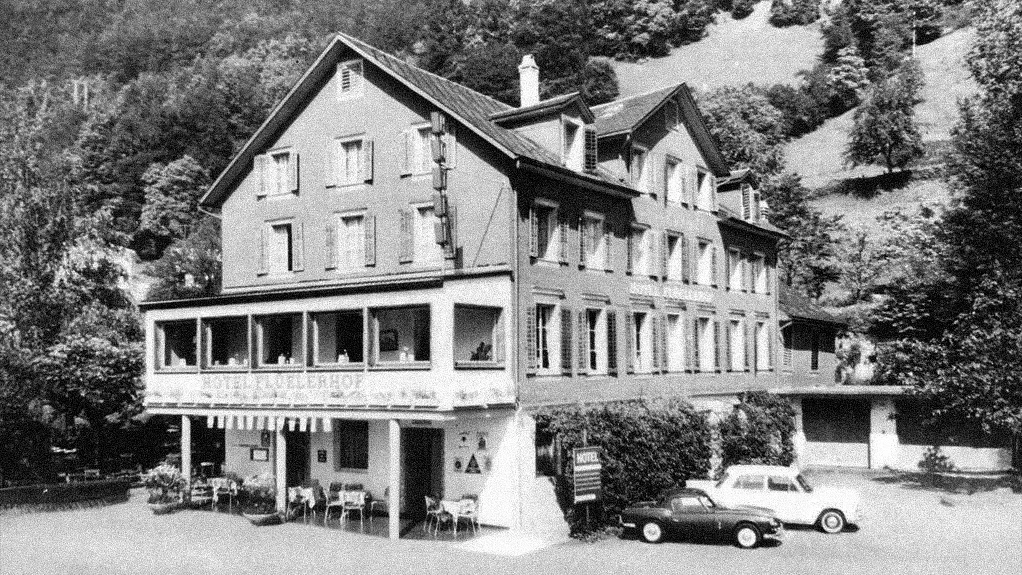
Outdated technology in a confined space
Given that the building is undergoing a full renovation from the ground up, a new ventilation system was also required. It must supply air to the entire building, including areas with special airflow requirements such as the kitchen. The old fans were 35 to 40 years old and the system had been out of use for some time. It was also clear that there was no way of completely replacing the ventilation units – they were installed as a monoblock and the lack of space in the building structure meant they were very difficult to access and dismantle. As a result, retrofitting new fans became the only feasible option.
What is a monoblock?
A monoblock is a compact, central unit in a ventilation system that brings together key components such as the filters, fans, heat recovery system, and air heaters. As such, all air handling functions are combined in a single device, which makes installation easier and saves space. Monoblocks are mainly used for large ventilation systems and ensure that the air is efficiently cleaned, heated, and cooled and a high-quality indoor climate is maintained.
Source: polludoc.ch
The solution: RadiFit fans
In view of the above, the hotel turned to Clima-Nova AG, a Swiss specialist in ventilation systems. Installation supervisor Jannik Gisler coordinated the implementation work and contacted Fatlum Korbi, retrofit specialist at ebm-papst in Switzerland, to help with the technical design. “We needed more power, but it was also essential to retain the existing housing,” says Gisler, explaining the challenge facing the team. When he visited the property with Korbi to check its condition and inspect the system, it soon became clear that RadiFit fans would be the right solution on account of their compact design and simple integration into the existing units. They fit precisely into existing monoblocks, which eliminates the need for complex modifications, and are very simple to install as a plug-and-play solution.
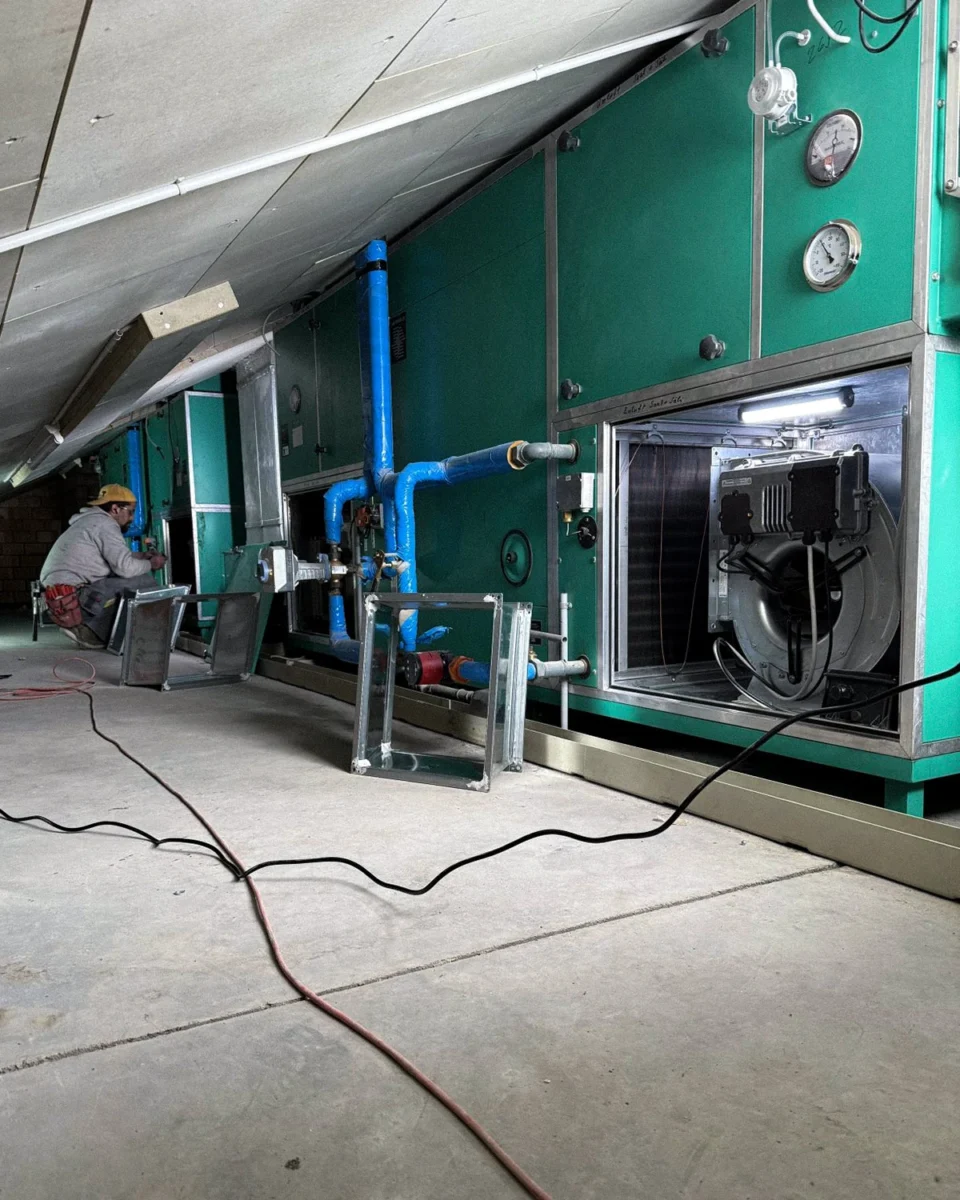
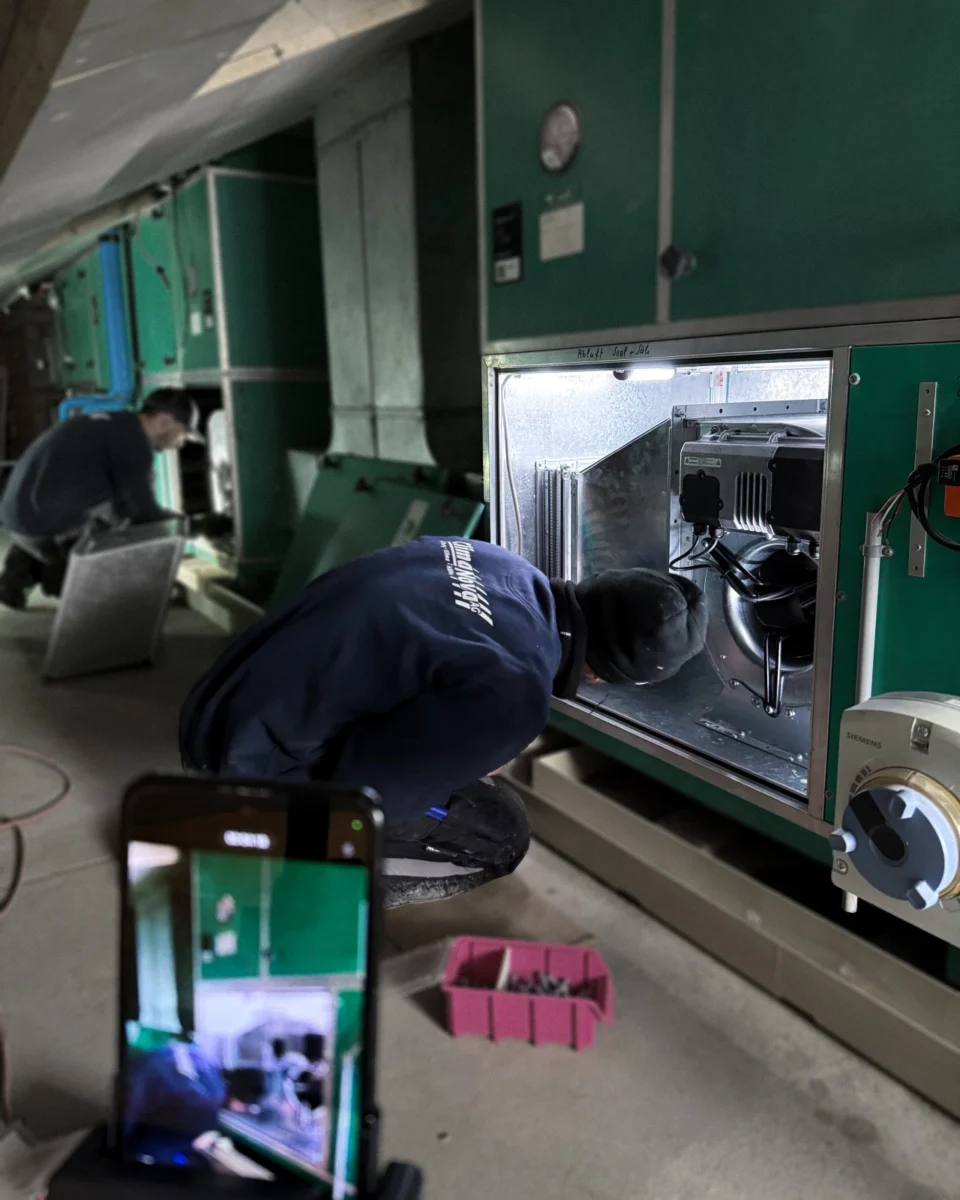
Thanks to the elevator, the team from Clima-Nova breezed through the task of moving the fans into place, and the new RadiFit system was installed and cleaned in just eight days. (Photos | ebm-papst)
High-quality air for the new hotel
Once ebm-papst had delivered the fans from Germany to Switzerland, the work to upgrade the ventilation system proceeded at pace. Between March 18 and 25, 2025, Clima-Nova dismantled the old fans and its subsidiary HCN Clean thoroughly cleaned the system. The new fans were then installed – two per unit, mounted as mirror images of one another, meaning a total of eight RadiFits.
An electrical extension box developed by ebm-papst provided easy access to electronics that were hard to reach: “It meant the electricians didn’t have to crawl into the cramped cabinet,” explained Korbi. A potentiometer was also installed at all fans – it works like a control knob and can be used to manually adjust the fan speed and, therefore, the system’s operating point. For the Hotel Flüelerhof, it provides a simple means of operating the system in On/Off mode without having to completely replace the old control system, and meant the hotel operators could use the system straight away. If they opt for a smart control system at a later date, it can be removed again in mere minutes.
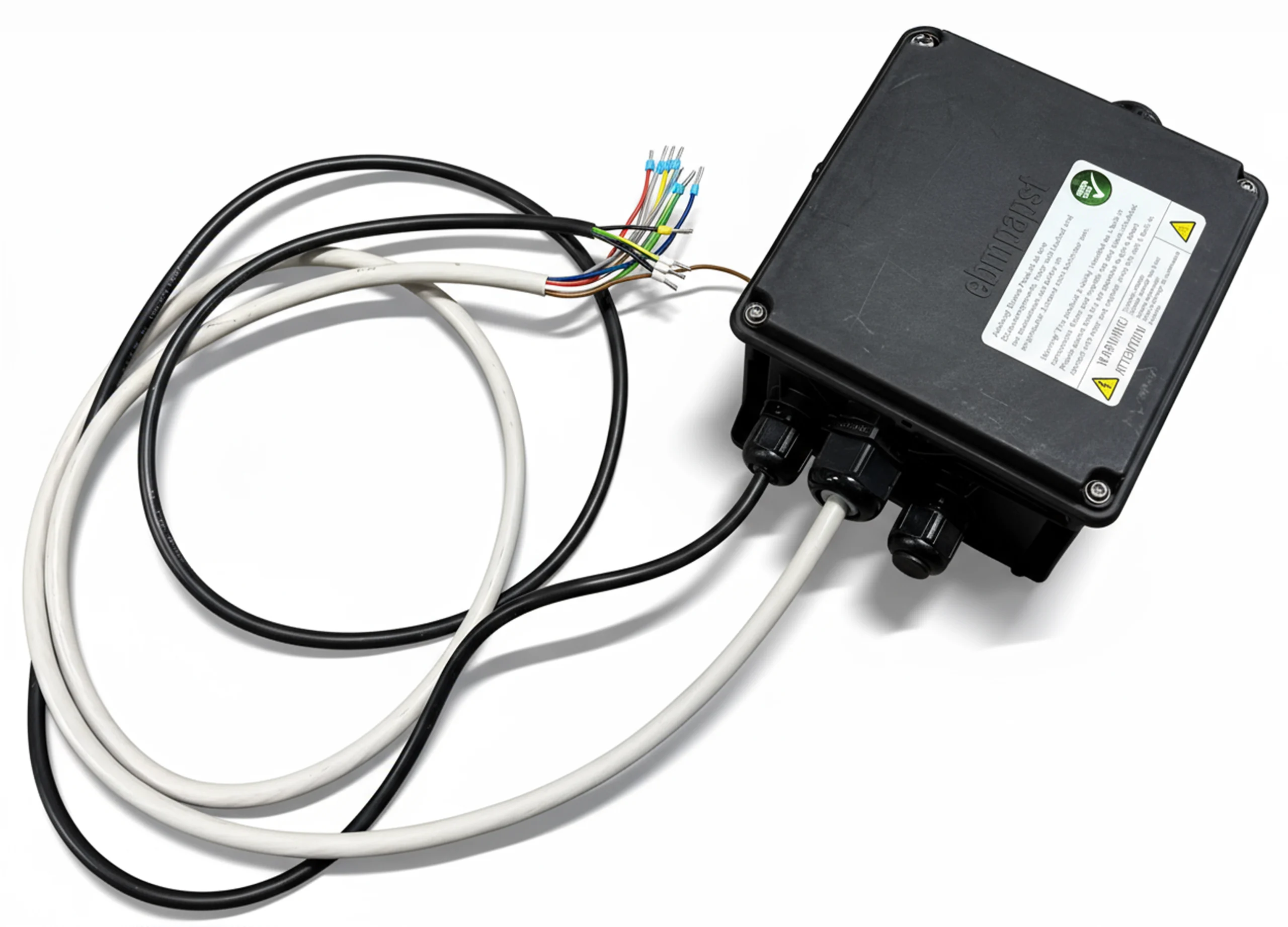
A handy accessory: the electrical extension box makes it easier to access the fan electronics. (Photo | ebm-papst)
The new system now meets the requirements for a hygienic exchange of air as defined in the SIA standards, the national set of rules for planning and construction in Switzerland. The kitchen also receives the air it needs. In future, the hotel operators will benefit from a significant reduction in maintenance work: “The biggest technical difference is that there is now no V-belt that has to be inspected regularly and replaced every year,” explains Gisler. “This saves time, energy, and money.” It’s a distinct advantage that will help ensure the system, and by extension the hotel, will continue to run efficiently for many years to come.
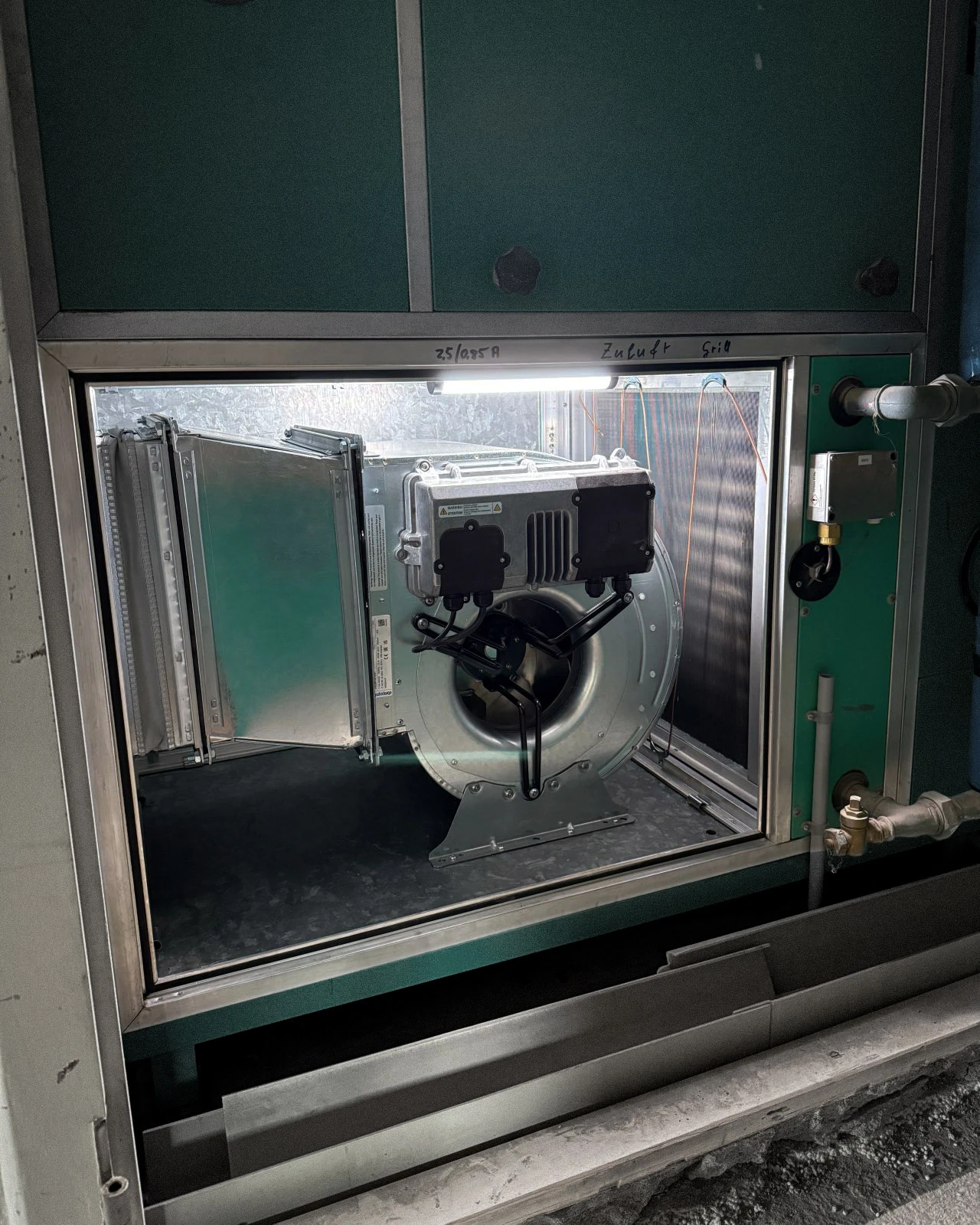
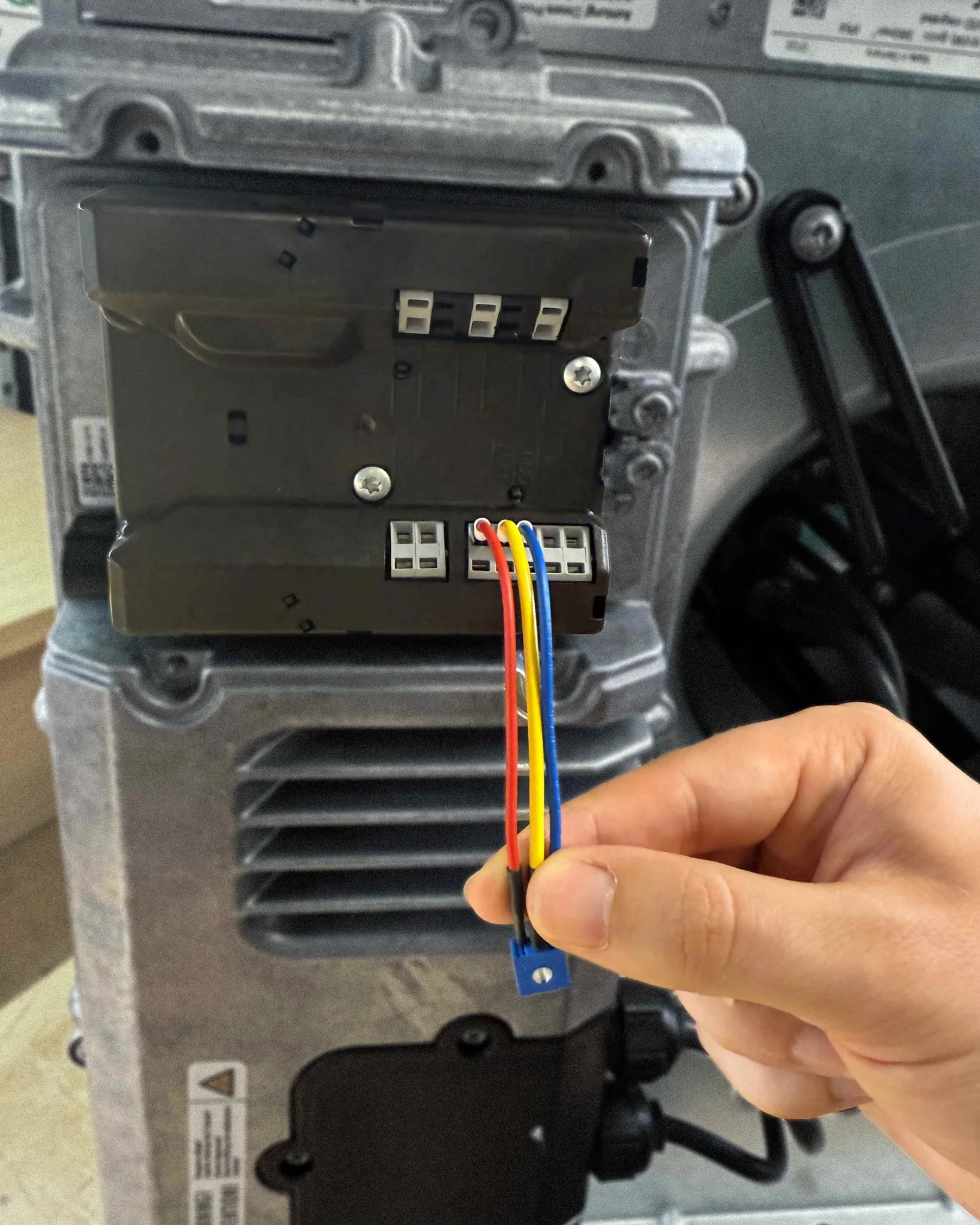
Energy-efficient and reliable
The new fans weren’t just ready for use quickly, the EC motors installed in them are also energy-efficient, quiet, and reliable, and minimize the amount of maintenance work required – a real boon for the hotel operators as they can permanently keep costs down. “Many installers aren’t yet familiar with the RadiFit units,” says Korbi, “so we often find that they’re all the more surprised at how straightforward they are to install and the benefits they deliver.”
With its new ventilation system, the Flüelerhof is ideally placed to usher in a new era as a 4-star hotel. The operators can now rely on a comfortable and hygienic air supply from an energy-efficient system. The retrofit has helped them get one step closer to reopening the business, all while providing what guests expect from a modern hotel: fresh, high-quality air indoors that is almost as good as the mountain air outside.
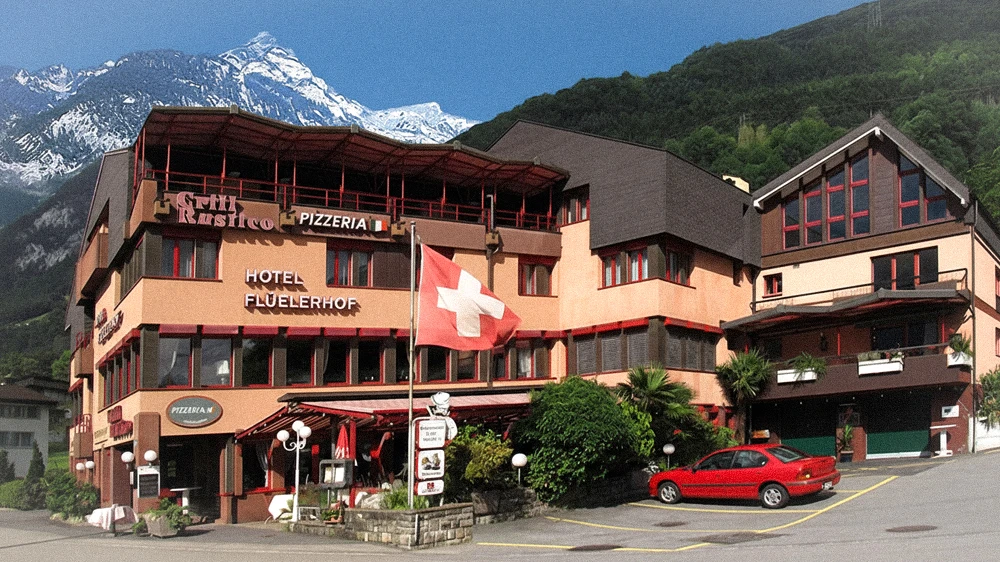

Leave a comment